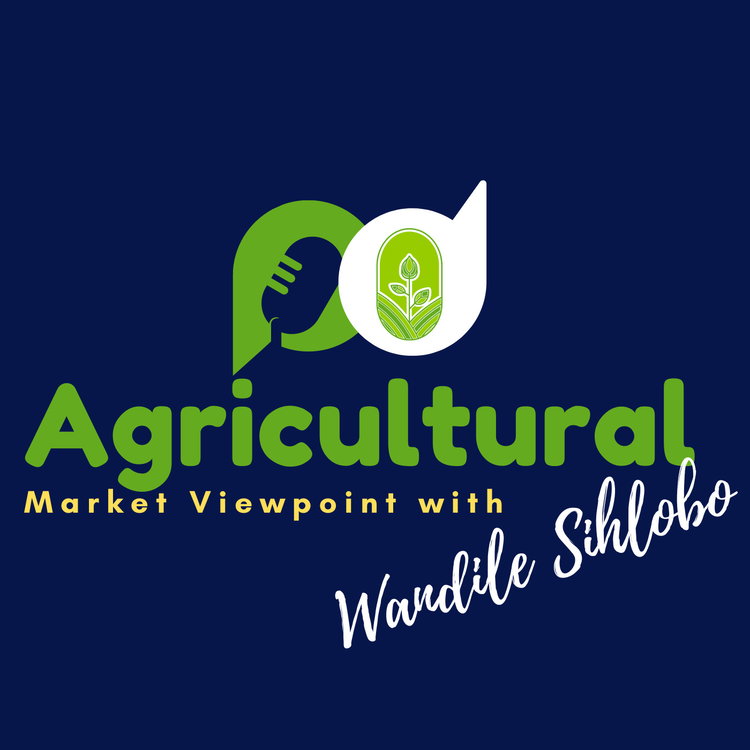
Can South Africa deepen agricultural exports to China?
Loading player...
A friend recently sent me a Bloomberg article about China's efforts to diversify agricultural imports. The idea is to lessen the reliance on the US in anticipation of trade friction under the Trump administration.
Central and South Americans seem to be on the way to becoming the major winners. They have a surplus of agricultural products that China imports, such as grains, oilseeds, red meat, wine, and nuts. The African continent has not benefitted much.
I have recently discussed President Trump's trade policy's possible impact on agriculture and how China retaliated against his administration's tariffs in 2018. The Chinese retaliation hurt the US soybean, maize, and pork farmers at the time.
What we can expect in the coming months will depend on whether President Trump proceeds with the higher tariffs on China, he promised in his recent speeches.
What is clear now is that South America, like in 2018, may be amongst the winners as China searches for new sources of agricultural products.
However, South Africa should also position itself among the key suppliers of agricultural products to China in addition to its current export activity.
I sometimes doubt if South Africans appreciate enough how big China is in global agricultural trade; thus, we keep discussing it. China is a dominant player in the export and import of agricultural products.
In 2023, China was a leading agricultural importer, accounting for 11% of global agricultural imports, which totaled over US$200 billion. The US, Germany, the Netherlands, the UK, France, and Japan trailed China.
Similarly, China played a notable role in exports. In 2023, it was the fifth-largest agricultural exporter in the world. The leading countries ahead of China were the US, Brazil, the Netherlands, and Germany.
Few African countries benefit from these imports due to low agricultural productivity in Africa. Most don't have volumes to export.
The leading suppliers of agricultural products to China are Brazil, the US, Thailand, Australia, New Zealand, Indonesia, Canada, Vietnam, France, Russia, Argentina, Chile, Ukraine, the Netherlands, and Malaysia.
The only African country in China's top 30 agricultural suppliers is South Africa, which ranked 28 in 2023. Still, South Africa remains a negligible player in the Chinese agricultural market, accounting for a mere 0.4% (US$979 million) of China's agricultural imports of US$218 billion in 2023.
Sudan and Zimbabwe are other African agricultural suppliers to China, ranked 33 and 34, respectively.
Listen to the podcast for more insights.
Richard Humphries and Sam Mkokeli produce this podcast.
Central and South Americans seem to be on the way to becoming the major winners. They have a surplus of agricultural products that China imports, such as grains, oilseeds, red meat, wine, and nuts. The African continent has not benefitted much.
I have recently discussed President Trump's trade policy's possible impact on agriculture and how China retaliated against his administration's tariffs in 2018. The Chinese retaliation hurt the US soybean, maize, and pork farmers at the time.
What we can expect in the coming months will depend on whether President Trump proceeds with the higher tariffs on China, he promised in his recent speeches.
What is clear now is that South America, like in 2018, may be amongst the winners as China searches for new sources of agricultural products.
However, South Africa should also position itself among the key suppliers of agricultural products to China in addition to its current export activity.
I sometimes doubt if South Africans appreciate enough how big China is in global agricultural trade; thus, we keep discussing it. China is a dominant player in the export and import of agricultural products.
In 2023, China was a leading agricultural importer, accounting for 11% of global agricultural imports, which totaled over US$200 billion. The US, Germany, the Netherlands, the UK, France, and Japan trailed China.
Similarly, China played a notable role in exports. In 2023, it was the fifth-largest agricultural exporter in the world. The leading countries ahead of China were the US, Brazil, the Netherlands, and Germany.
Few African countries benefit from these imports due to low agricultural productivity in Africa. Most don't have volumes to export.
The leading suppliers of agricultural products to China are Brazil, the US, Thailand, Australia, New Zealand, Indonesia, Canada, Vietnam, France, Russia, Argentina, Chile, Ukraine, the Netherlands, and Malaysia.
The only African country in China's top 30 agricultural suppliers is South Africa, which ranked 28 in 2023. Still, South Africa remains a negligible player in the Chinese agricultural market, accounting for a mere 0.4% (US$979 million) of China's agricultural imports of US$218 billion in 2023.
Sudan and Zimbabwe are other African agricultural suppliers to China, ranked 33 and 34, respectively.
Listen to the podcast for more insights.
Richard Humphries and Sam Mkokeli produce this podcast.

